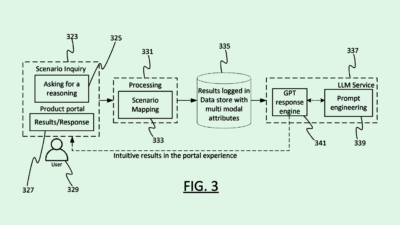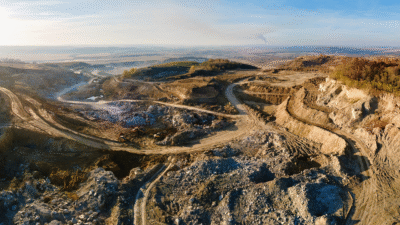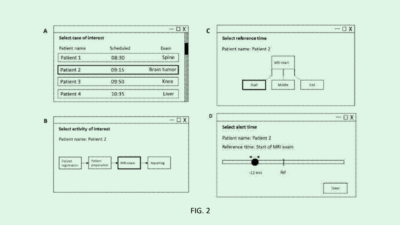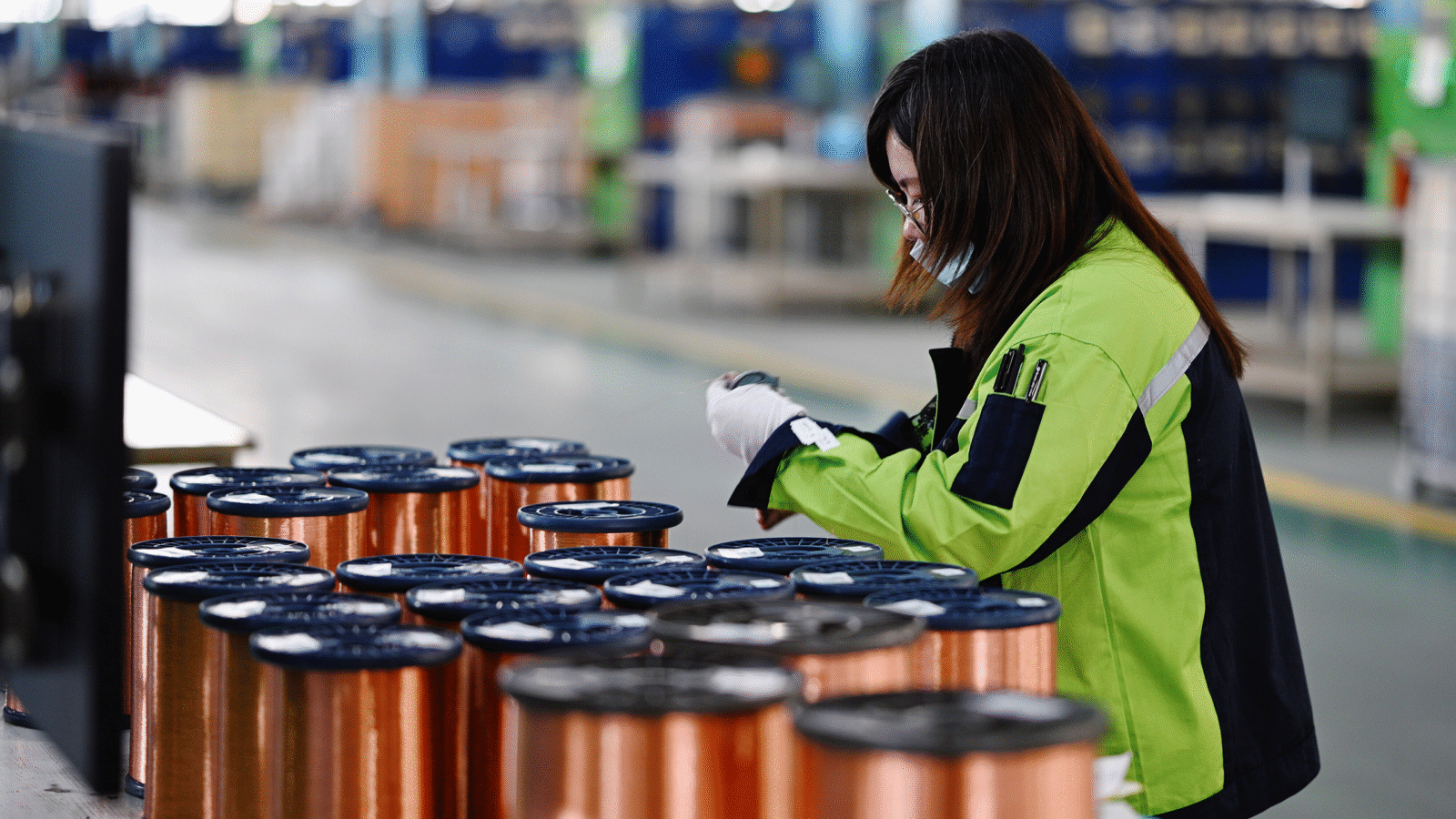The American Dream of Tiny Nuclear Power Plants Hangs By a Thread
Funding for startups developing small modular nuclear power plants looks like it’s beginning to dry up.

Sign up for smart news, insights, and analysis on the biggest financial stories of the day.
Big investors aren’t flocking to small nukes.
Nuclear energy experts told the Financial Times that funding for startups developing a new, smaller type of nuclear power station called a small modular reactor (SMR) has begun to dry up. A couple of high-profile projects to build SMRs in the US have suffered major setbacks, and with nuclear energy stations requiring so much upfront investment, this could mean SMRs are doomed to fail before they even split their first atom.
Chain Reactions
Nuclear is a divisive issue, but some see it as a good way to transition away from fossil fuels. The thing is, nuclear power plants are wildly, and often unpredictably, expensive to build. The promise behind SMRs is that they’re easier and less costly to set up than traditional power stations, offering a standardized one-size-fits-all construction model. However, SMRs are an unproven quantity — it’s unknown whether they’ll be able to achieve the economies of scale that they promise, and their potential operational risks aren’t fully understood yet.
Private investors may be hesitant but some countries are plunging in. In July, the UK set up a subsidy pot of $206 million for SMR construction. However, even though eager young startups have chased that funding, it doesn’t guarantee success, and a year of high interest rates has been harsh on energy projects that need a lot of upfront financing including mature technologies like wind and solar power, let alone nuclear projects:
- Last month, US SMR startup NuScale canceled plans to build the first SMR in the US, citing a lack of interest from power utilities — quite possibly because the cost of buying power from the planned plant went up over 50% since 2021.
- In October, another SMR darling called X-energy iced plans to go public via a SPAC. “There were certain realities about the market, which […] put public equity providers in a risk-off situation,” X-energy’s CEO told the FT.
Now that the COP28 climate summit is winding down with a somewhat anemic deal on fossil fuels, stopping short of calling for a total phase-out, SMR startups have lost some of their edge selling themselves as an urgent need for bridging the gap to a sustainable energy future.
Vertical Integration: SMR startup Oklo, which is backed by OpenAI’s boomerang CEO Sam Altman, is still planning to go public via a SPAC early next year. We’re told SPACs are still out and about. Meanwhile, The Wall Street Journal reported Tuesday that Microsoft, OpenAI’s biggest investor, is planning to increase its use of nuclear power and even seems to be incorporating SMRs into its electricity planning. Building and maintaining generative AI tools like ChatGPT gobbles up huge amounts of data, so building out energy resources makes sense. The fact that it happens to be one of Altman’s hobby horses? A pleasant bonus.











